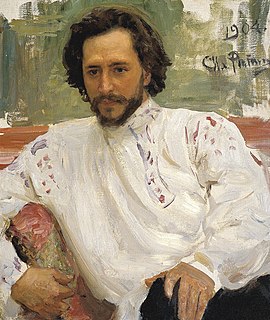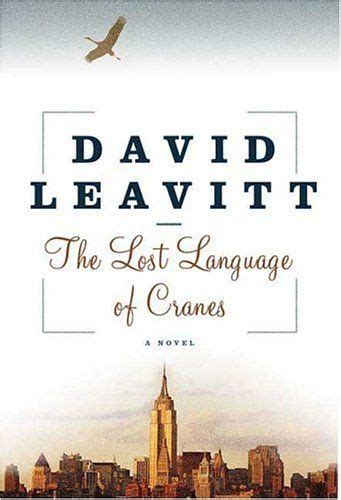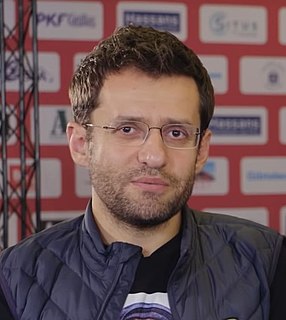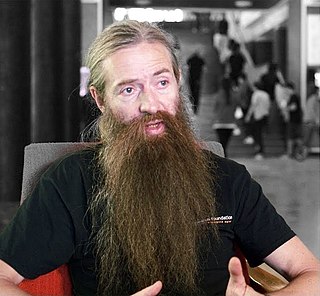A Quote by Edgar Allan Poe
There is then no analogy whatever between the operations of the Chess-Player, and those of the calculating machine of Mr. Babbage , and if we choose to call the former a pure machine we must be prepared to admit that it is, beyond all comparison, the most wonderful of the inventions of mankind.
Related Quotes
Remember that the machine is there to help you, because at the end of the day, you're not playing freestyle chess, advanced chess, human-plus-machine. If you are playing against other humans, it's about winning the game. The machine will not be assisting you, unless you are cheating of course. And since the machine is not there, you have to make sure that everything you learn from the computer will not badly affect the way you play the real game.
Charles Babbage proposed to make an automaton chess-player which should register mechanically the number of games lost and gained in consequence of every sort of move. Thus, the longer the automaton went on playing game, the more experienced it would become by the accumulation of experimental results. Such a machine precisely represents the acquirement of experience by our nervous organization.
... regard this body as a machine which, having been made by the hand of God, is incomparably better ordered than any machine that can be devised by man, and contains in itself movements more wonderful than those in any machine. ... it is for all practical purposes impossible for a machine to have enough organs to make it act in all the contingencies of life in the way in which our reason makes us act.
I think you have to find how the machine can work for you. That's what I mean by "attaching yourself to the machine," 'cause the machine is going to be there, and you can rage against the machine, which is cool, but there's ways that you can benefit off the machine if you're savvy enough and you're sharp enough, smart enough. We all got to live and eat.
Man is a machine, but a very peculiar machine. He is a machine which, in right circumstances, and with right treatment, can know that he is a machine, and having fully realized this, he may find the ways to cease to be a machine. First of all, what man must know is that he is not one; he is many. He has not one permanent and unchangeable “I” or Ego. He is always different. One moment he is one, another moment he is another, the third moment he is a third, and so on, almost without end.







































